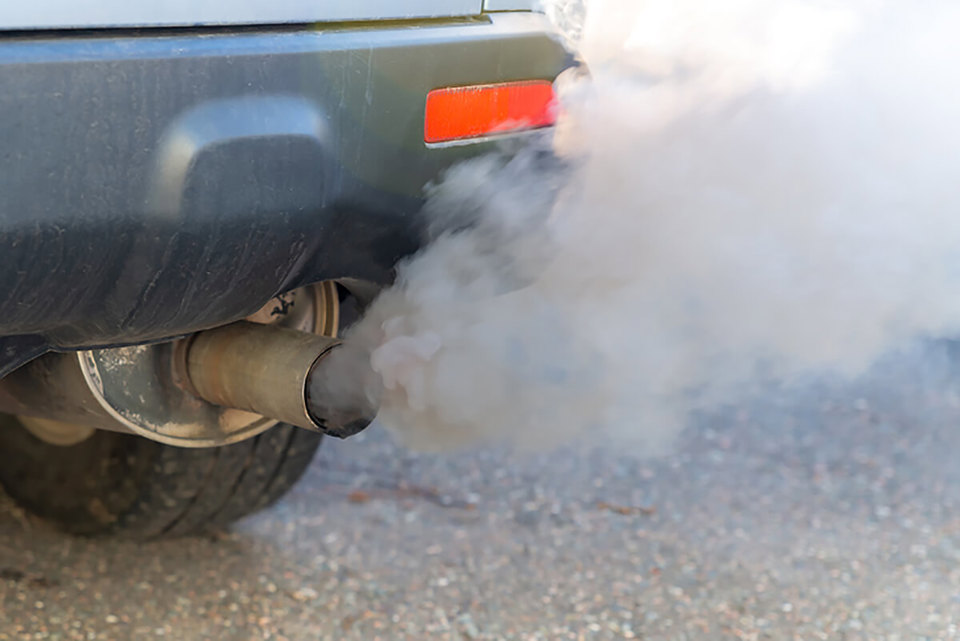Europe’s fleet managers could save millions of tonnes of CO2 and £20 billion a year, according to a Greenpeace report.
‘Saving fuel, saving costs’ is a complete overview of the corporate fleet sector, the environmental impacts and financial costs of its fuel use, and options for reducing both.
It says that transport is responsible for nearly a quarter of greenhouse gas emissions (GHG), with road transport accounting for the lion’s share (up to 81%).
And, almost half (45%) of the total GHG emissions from road transport in the EU come from company fleets.
However, Greenpeace says that the impact of fleet managers’ purchasing decisions is far greater than this, as the majority of company cars are sold into the second hand car market, and so fleet managers control a large proportion of the supply of used vehicles in the private market.
Greenpeace’s senior climate campaigner Barbara Stoll said: “Fleet managers have a surprising amount of power over all of our futures, and with the rapid progress being made in clean tech, they can use that power for good, and on a grand scale.
“Hopefully the enormous potential cost savings will help - instead of asking for sacrifices, we’re just asking them to sacrifice a bit less to oil companies.”
The research, which was conducted by analysts from CE Delft, covers a wide variety of different approaches to reducing fuel consumption and the potential savings available.
Andrew Woolfenden, Tesco’s distribution director, said: “At Tesco we have reduced our transport emissions per case delivered to stores by 16% since 2011.
“We have done this through moving more product by rail and double decker vehicles and we are committed to delivering further reductions each year.
“By focussing our efforts in reducing emissions, it has a positive impact on the environment we live in, and continues driving further efficiencies in our business.”
Andy Eastlake, managing director of the Low Carbon Vehicle Partnership (LowCVP) welcomed the report. He said: “In the UK, 90% of new vans and over half of all new cars were bought by companies in 2014.
“Combine this with the fact that, on average, company cars travel more than twice the miles of private cars and it’s clear that the fleet sector is responsible for most of road transport’s impact on climate change.
“Greenpeace’s report highlights the wide range of technical and operational opportunities for businesses to improve both their carbon footprint as well as their ‘bottom line’.”
For SMEs and other businesses using light commercial vehicles, the LowCVP is today launching a Low Emission Van Guide and web tool, to give direct practical guidance to fleet managers choosing between different models and drivetrains in different circumstances.
LowCVP’s analysis shows that choosing the correct van can save a business an astonishing £18,000 over the vehicle’s lifespan.
The two reports are being released together in order to provide fleet managers with as much data as possible to support their vehicle and logistics planning.
To download the Greenpeace report, click here, and to download the LowCVP report click here.
For full analysis and comment, read Fleet News, published on June 25.






















Login to comment
Comments
No comments have been made yet.